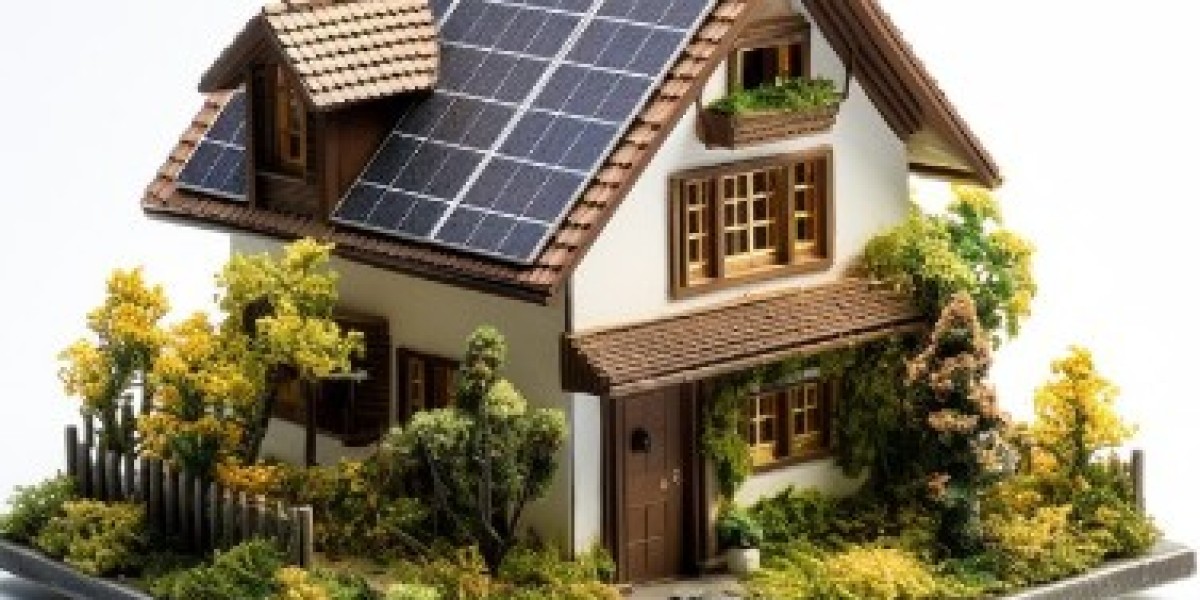In a world that is increasingly conscious of the environmental impact of energy consumption, many homeowners are exploring renewable energy options to power their homes. The benefits are undeniable – reduced carbon footprint, lower energy bills, and increased energy independence. However, one common misconception is that embracing renewable energy comes with a hefty price tag. In this blog, we'll debunk that myth and explore the cheapest renewable energy for the home.
Solar Power:
Solar power remains one of the most accessible and cost-effective renewable energy sources for homes. The technology has advanced significantly, making solar panels more affordable than ever. Many government incentives and tax credits further reduce the initial investment. Additionally, there are various financing options available, making it easier for homeowners to adopt solar power without a substantial upfront cost.
Wind Turbines:
While large-scale wind turbines might be out of reach for most homeowners, small-scale wind turbines designed for residential use are gaining popularity. These compact turbines can be installed on rooftops or in the backyard, harnessing wind energy to generate electricity. Although the upfront cost may be higher than solar panels, the long-term savings and potential for off-grid living make small wind turbines a cost-effective choice for those in windy regions.
Hydropower:
If you have a water source on your property, such as a stream or river, micro-hydropower systems can be a surprisingly affordable renewable energy option. These systems utilize flowing water to generate electricity, offering a consistent and reliable power source. While the setup costs can vary, micro-hydropower systems are generally considered a long-term investment that pays off over time.
Geothermal Heat Pumps:
Geothermal energy harnesses the consistent temperature beneath the Earth's surface to heat and cool homes. Geothermal heat pumps, although requiring an upfront investment, can significantly reduce heating and cooling costs over the long run. In addition to being cost-effective, geothermal systems are highly efficient and environmentally friendly, making them a smart choice for eco-conscious homeowners.
Biomass Energy:
Biomass energy involves burning organic materials like wood, crop waste, or even certain types of garbage to produce heat or electricity. While the sustainability of biomass depends on the source, using locally sourced and responsibly harvested biomass can make this option cost-effective. Pellet stoves and biomass boilers are common applications for homeowners looking to embrace biomass energy without breaking the bank.
Energy-Efficiency Measures:
Before investing in renewable cheapest renewable energy for the home sources, it's crucial to maximize the efficiency of your home. Simple measures like proper insulation, energy-efficient appliances, and LED lighting can significantly reduce your overall energy consumption. The less energy you use, the smaller the renewable energy system you'll need, ultimately saving you money.
Conclusion:
Contrary to popular belief, embracing renewable energy at home doesn't have to be a luxury reserved for the financially elite. With advancements in technology, government incentives, and a growing market, the options for affordable renewable energy are expanding. Whether you opt for solar power, wind turbines, hydropower, geothermal systems, biomass energy, or a combination of these, the initial investment can pay off in the long term through reduced energy bills and a smaller environmental footprint. As we continue to prioritize sustainability, the journey toward affordable renewable energy for every home becomes more achievable than ever.







